Intel to appeal €1 billion fine by EU
Intel has said it will appeal the record fine after the EU accused the firm of using rebates to hurt its rivals.

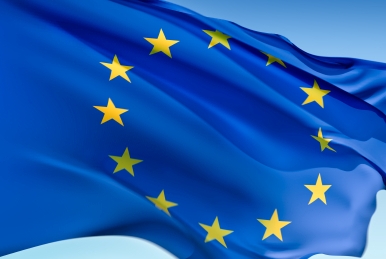
Sign up today and you will receive a free copy of our Future Focus 2025 report - the leading guidance on AI, cybersecurity and other IT challenges as per 700+ senior executives
You are now subscribed
Your newsletter sign-up was successful
Intel has been hit with a record 1 billion fine by the European Union (EU) for offering illegal rebates and payments to manufactures and retailers to encourage them to use its own products.
Competition commissioner Neelie Kroes said in a statement: "Intel has harmed millions of European consumers by deliberately acting to keep competitors out of the market for computer chips for many years. Such a serious and sustained violation of the EU's antitrust rules cannot be tolerated."
The European Commission said Intel gave hidden rebates to PC makers that bought most or all of their chips from the firm. The EC said Intel also directly paid one major retailer to stock only computers featuring Intel chips cutting its main rival AMD out.
"Such rebates and payments effectively prevented customers - and ultimately consumers - from choosing alternative products," the EC said in a statement.
Intel was also accused of bribing manufacturers to cancel or hold off launches of computers featuring competitors' CPUs.
The other firms involved included Acer, Dell, HP, Lenovo and NEC, as well as retailer Media Saturn Holding, which owns the MediaMarkt stores. None have been accused of any illegal activity by the EU.
Intel will appeal
Sign up today and you will receive a free copy of our Future Focus 2025 report - the leading guidance on AI, cybersecurity and other IT challenges as per 700+ senior executives
In response to the ruling, Intel president and chief executive Paul Otellini said in a statement sent to IT PRO that it disagreed with the decision and will appeal.
"Intel takes strong exception to this decision," he said. "We believe the decision is wrong and ignores the reality of a highly competitive microprocessor marketplace characterized by constant innovation, improved product performance and lower prices. There has been absolutely zero harm to consumers. Intel will appeal."
"We do not believe our practices violated European law. The natural result of a competitive market with only two major suppliers is that when one company wins sales, the other does not," he said, adding that Intel will stop the rebates during the appeal.
Otellini accused the commission of ignoring evidence and "refusing to obtain" it. "We believe this evidence shows that when companies perform well the market rewards them, when they don't perform the market acts accordingly," he added.
The 1.06 billion fine is the biggest doled out yet by the competition commission. Microsoft was famously fined 497 million in 2004 by EU.
Freelance journalist Nicole Kobie first started writing for ITPro in 2007, with bylines in New Scientist, Wired, PC Pro and many more.
Nicole the author of a book about the history of technology, The Long History of the Future.
-
 ITPro Best of Show NAB 2026 awards now open for entries
ITPro Best of Show NAB 2026 awards now open for entriesThe awards are a fantastic opportunity for companies to stand out at one of the industry's most attended shows
-
 Mistral CEO Arthur Mensch thinks 50% of SaaS solutions could be supplanted by AI
Mistral CEO Arthur Mensch thinks 50% of SaaS solutions could be supplanted by AINews Mensch’s comments come amidst rising concerns about the impact of AI on traditional software
-
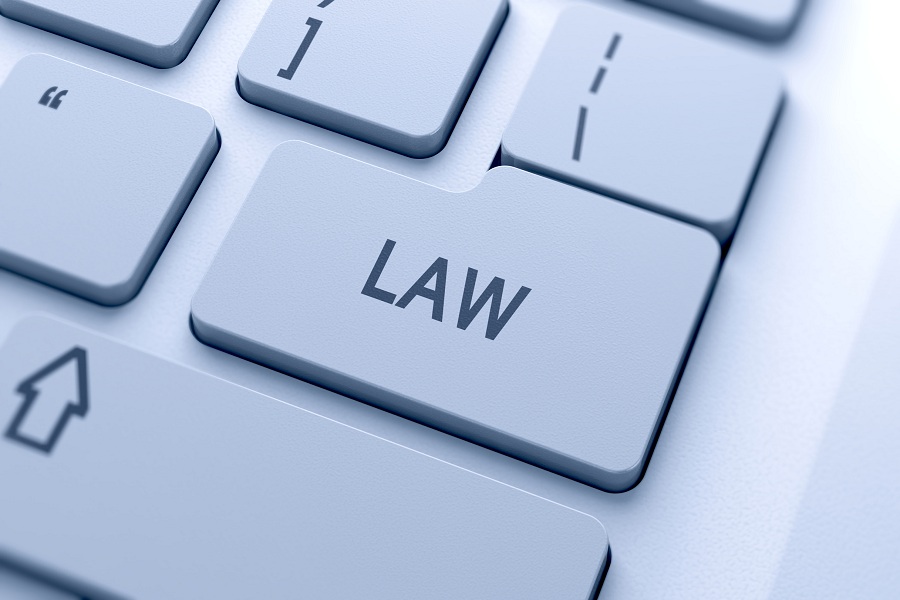 What can AI do to empower those working in the legal sector today, tomorrow, and beyond?
What can AI do to empower those working in the legal sector today, tomorrow, and beyond?Supported AI is transforming the legal profession — from streamlining today’s workflows to shaping tomorrow’s strategies. For firms, the choice is clear: embrace trusted AI tools now or risk falling behind in a rapidly evolving landscape
-
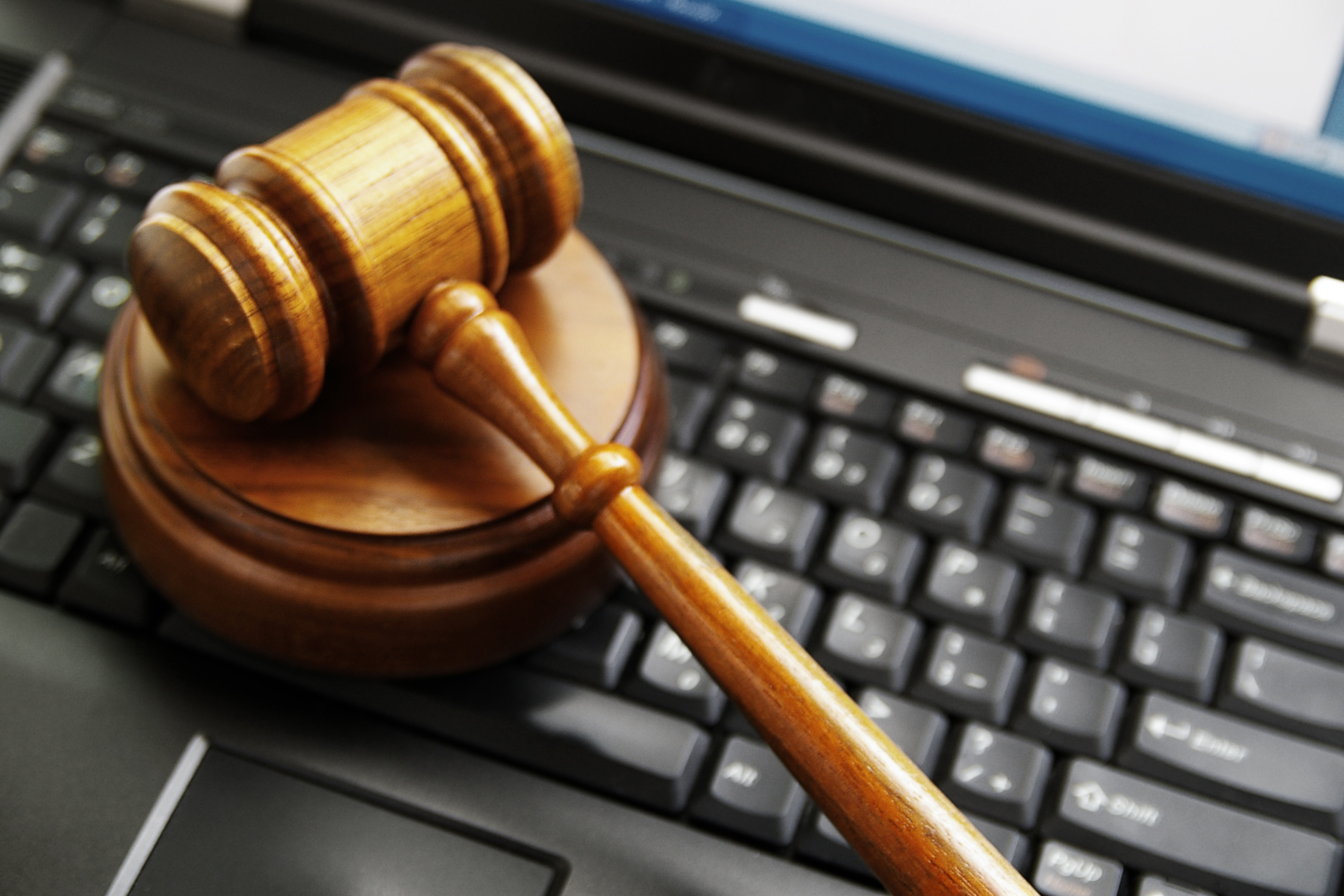 AI in the legal sector: How to separate the signal from the noise
AI in the legal sector: How to separate the signal from the noiseSupported From contract review to litigation strategy, AI promises efficiency. But with so much noise in the market, legal professionals must know how to spot tools that deliver real value
-
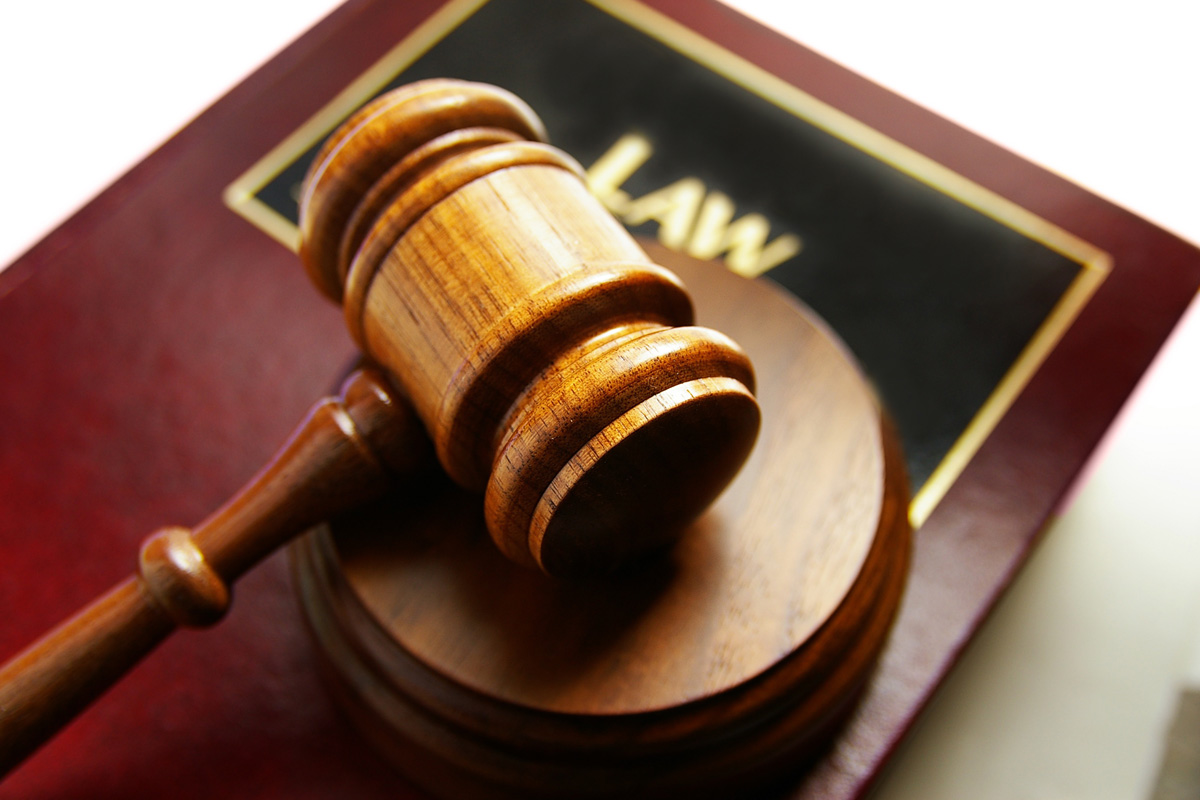 How AI can help rather than hinder knowledge workers in the legal profession
How AI can help rather than hinder knowledge workers in the legal professionSupported AI won’t replace lawyers — it empowers them. Free from routine tasks, legal pros can focus on strategy, judgment, and client success
-
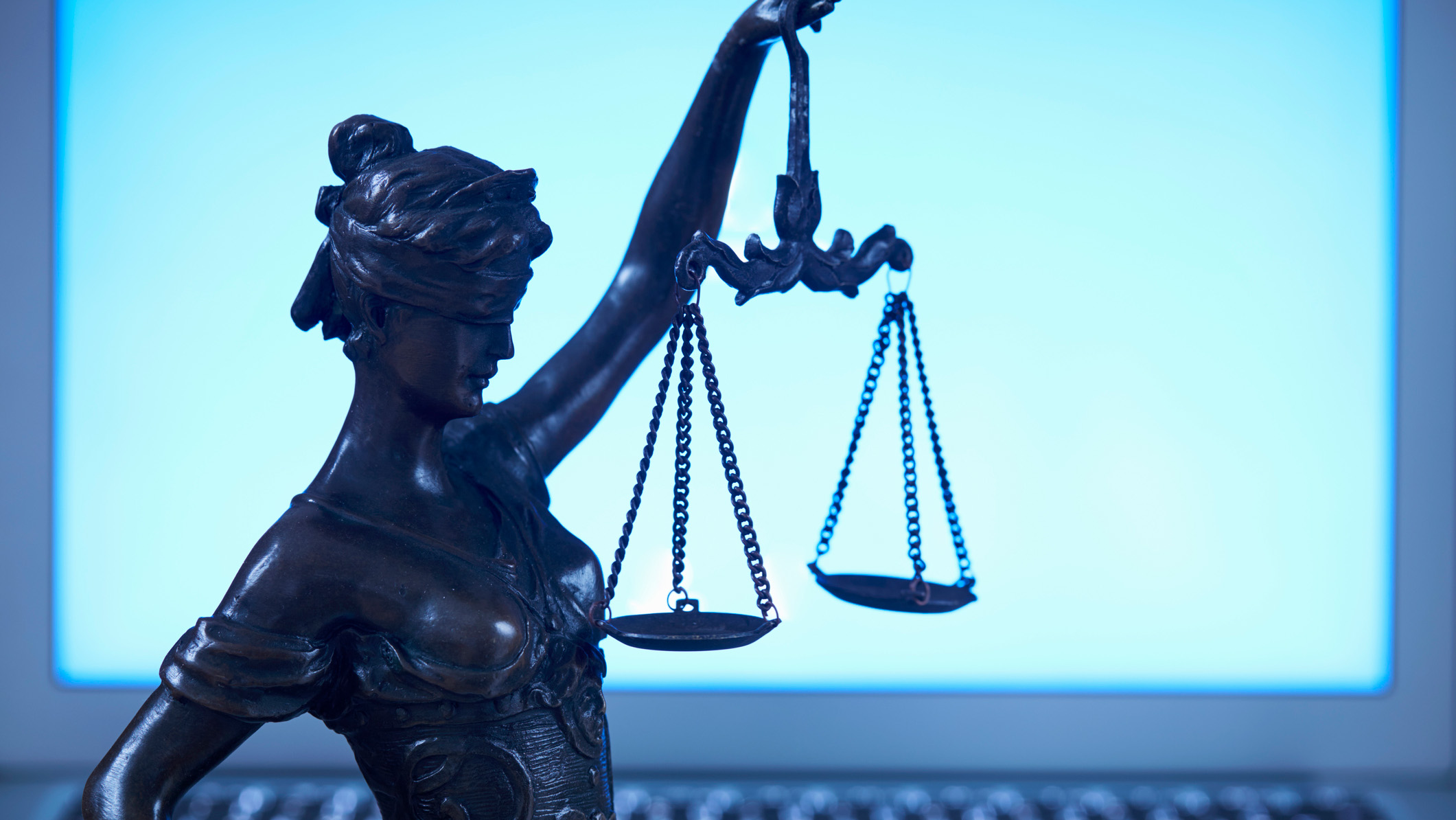 AI legal confidence: What is it and how do you get there?
AI legal confidence: What is it and how do you get there?Supported AI is reshaping legal practice, but doing so successfully comes down to building trust and confidence...
-
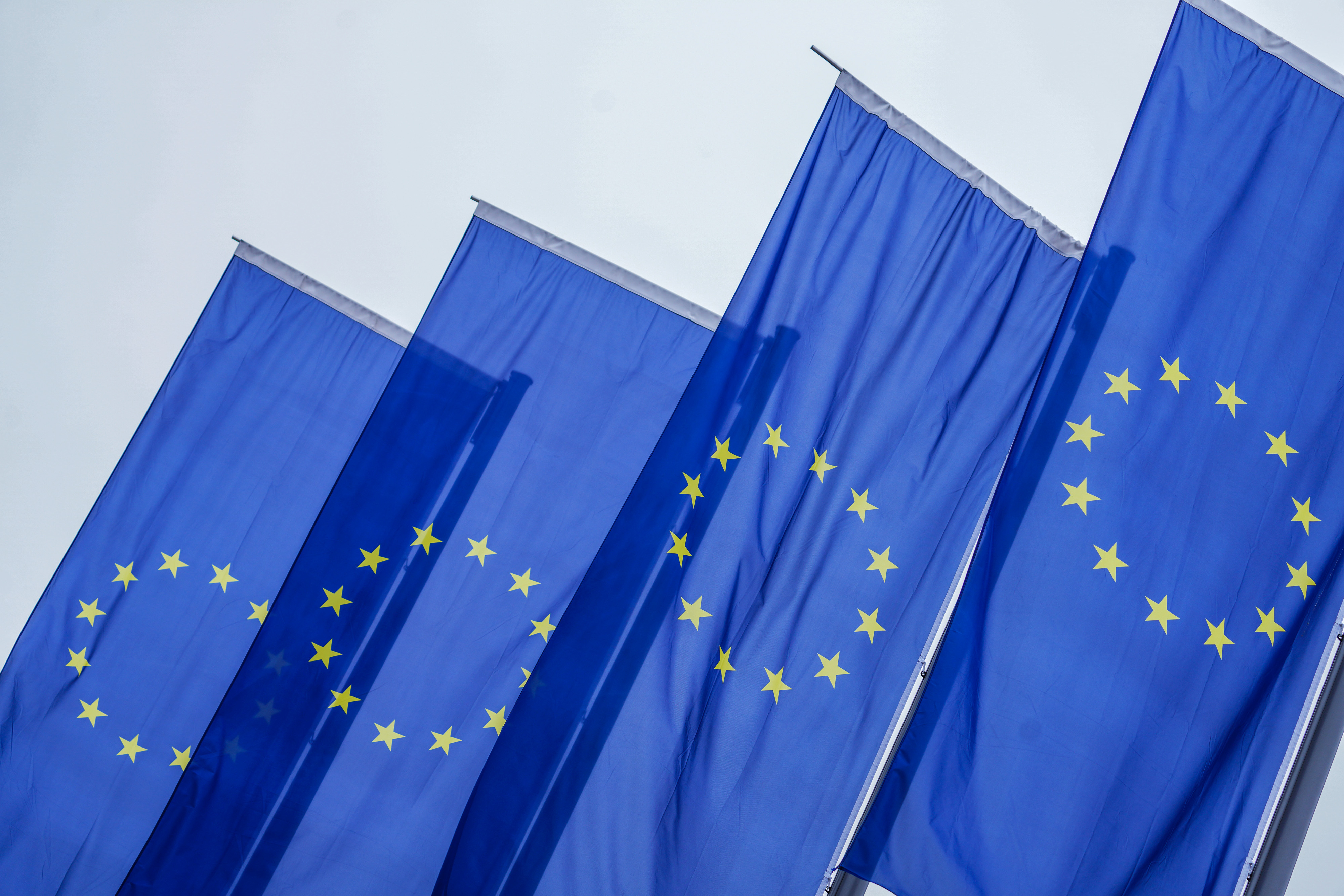 Will the future of AI be made in Europe? The EU thinks so
Will the future of AI be made in Europe? The EU thinks sonews European Commission unveils two plans backed by €1 billion to help homegrown AI
-
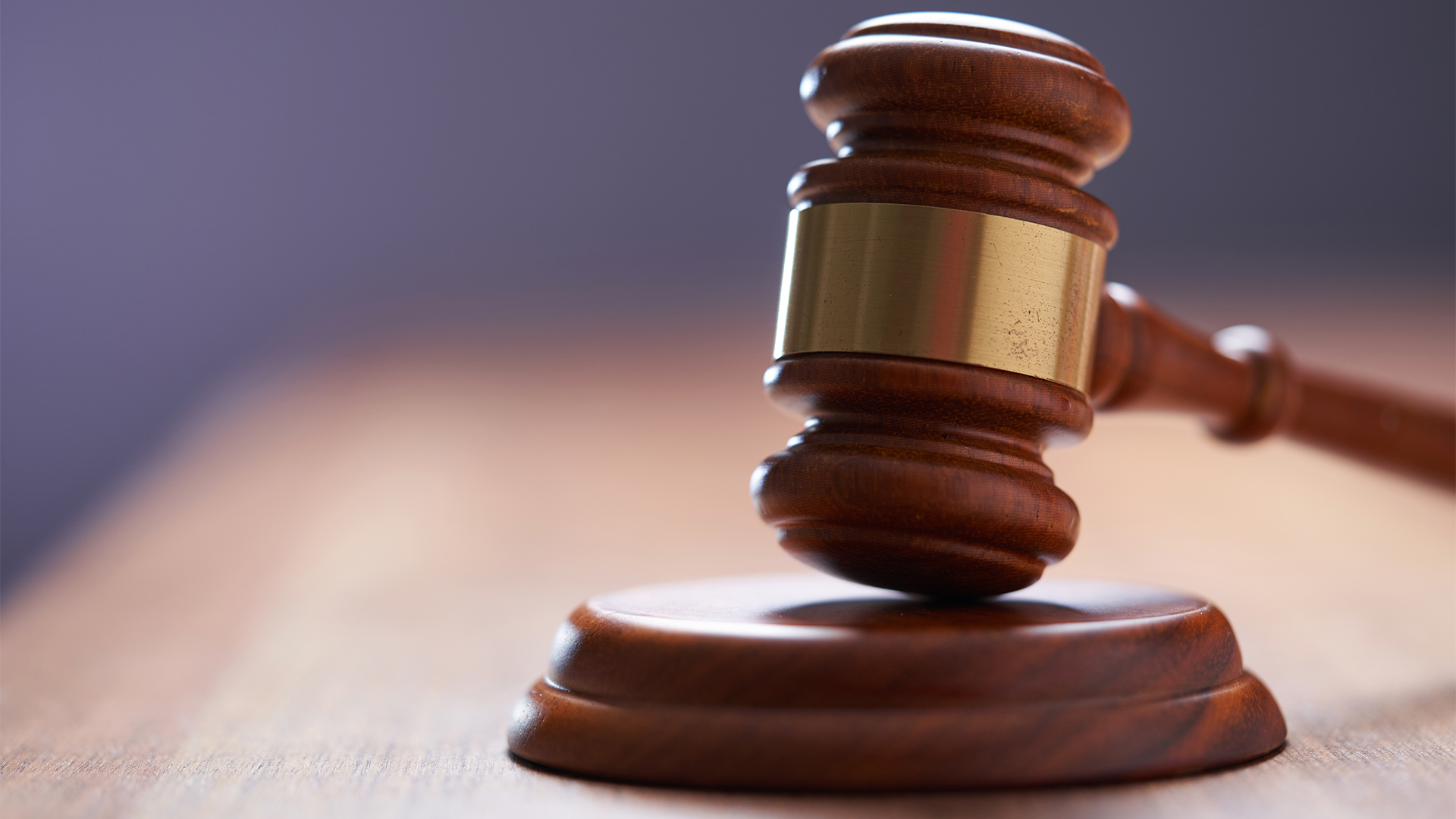 Legal professionals face huge risks when using AI at work
Legal professionals face huge risks when using AI at workAnalysis Legal professionals at a US law firm have been sanctioned over their use of AI after it was found to have created fake case law.
-
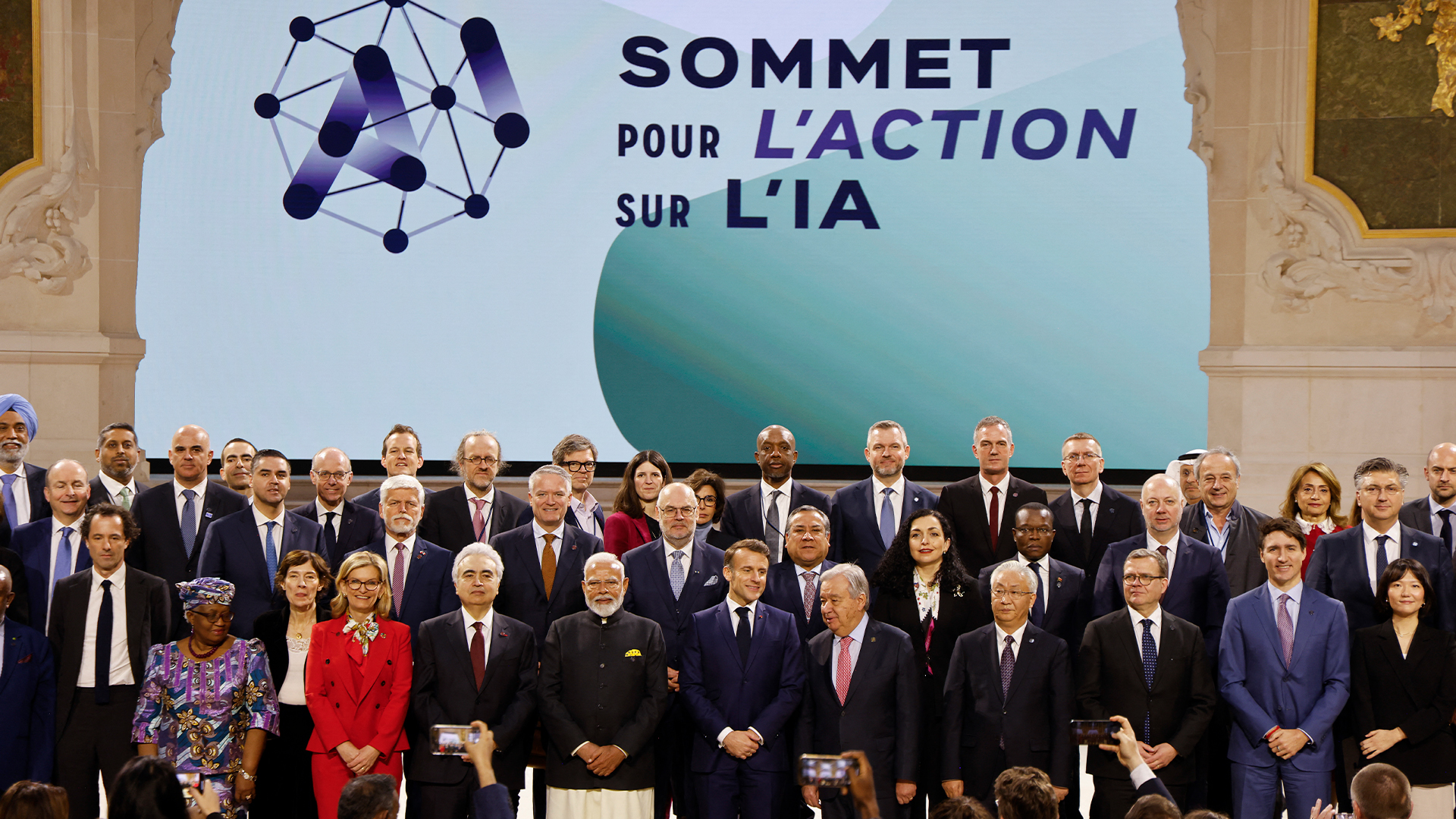 UK and US reject Paris AI summit agreement as “Atlantic rift” on regulation grows
UK and US reject Paris AI summit agreement as “Atlantic rift” on regulation growsNews The UK and US have refused to sign an international agreement on AI governance amid concerns over "practical clarity'.
-
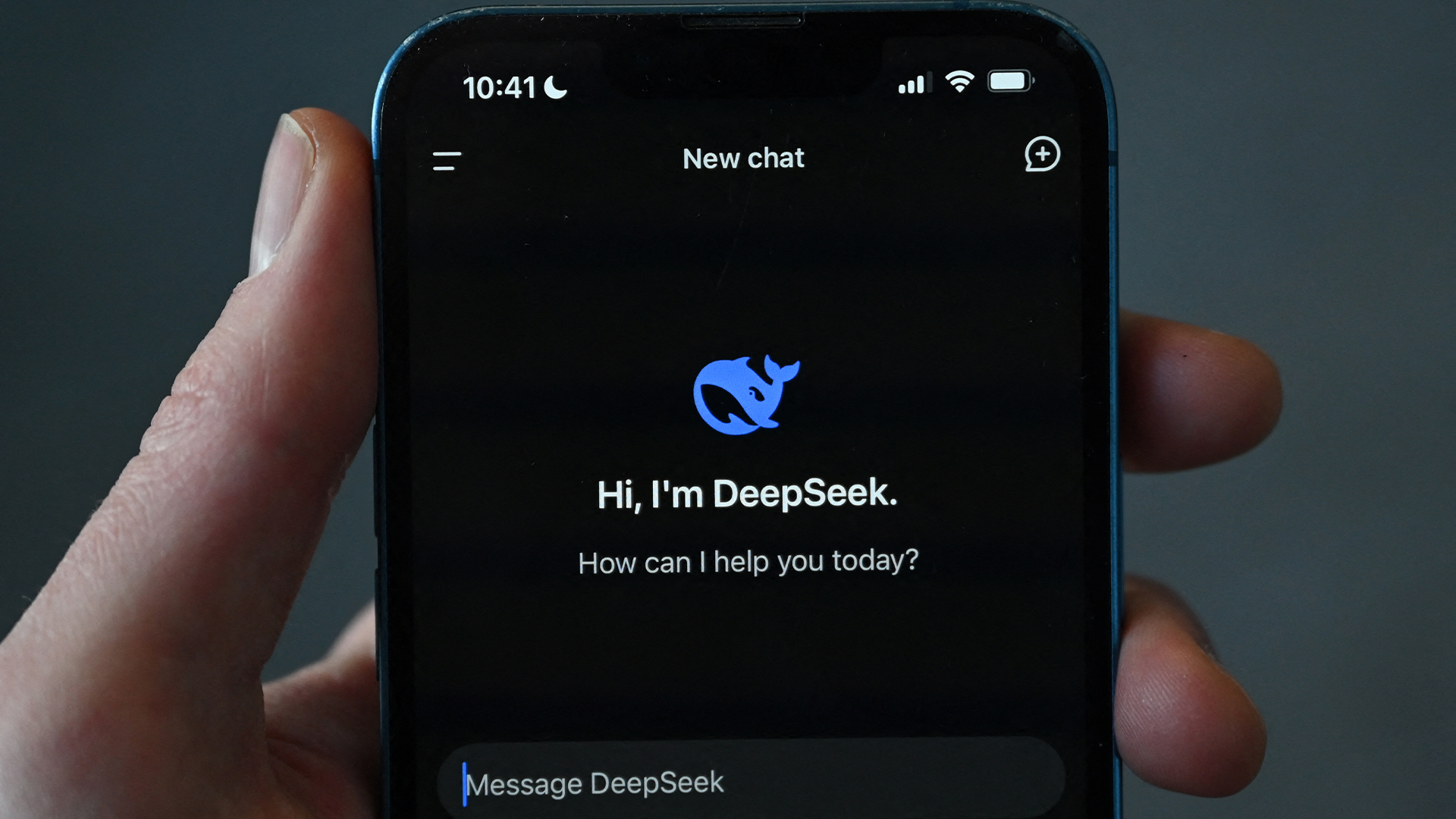 Looking to use DeepSeek R1 in the EU? This new study shows it’s missing key criteria to comply with the EU AI Act
Looking to use DeepSeek R1 in the EU? This new study shows it’s missing key criteria to comply with the EU AI ActNews The DeepSeek R1 AI model might not meet key requirements to comply with aspects of the EU AI Act, according to new research.
